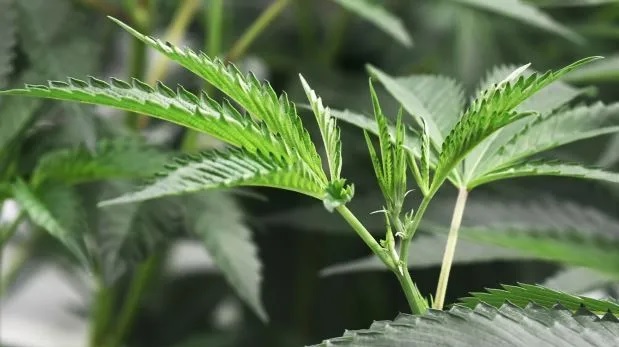Study Debunks Cannabis as a Factor in Opioid Use Reduction
- A new study has shown no association between cannabis use and non-medical opioid use in individuals undergoing opioid use disorder treatment. The findings neither confirm nor refute the belief that cannabis can help reduce opioid use.
- The study examined 10 longitudinal studies involving 8,367 participants who were undergoing opioid replacement therapy. Over an average follow-up period of approximately 10 months, patients’ non-medical opioid use was monitored and compared with their cannabis use. The researchers found no link between the use of the two substances.
- The findings challenge both the practice of enforcing cannabis abstinence during opioid treatment and the increasingly popular view that cannabis can aid in opioid withdrawal. The authors encourage individualized treatment approaches and stress the need for more rigorous research to further understand the relationship between cannabis and non-medical opioid use.
Is Cannabis Linked to Non-Medical Opioid Use in Opioid Use Disorder Treatment?
A recent study concludes there’s no relationship between cannabis use and non-medical opioid use among people undergoing opioid use disorder treatment. The study’s results don’t confirm either harmful effects or benefits of cannabis use in reducing opioid use.
Amidst the surge in cannabis popularity and its legalization, some perceive it as a viable treatment for drug dependency, specifically opioid addiction. However, the research findings around this topic have been inconsistent. Some studies suggest cannabis alleviates opioid withdrawal symptoms, while others argue it promotes opioid use. With 60 million people battling opioid addiction globally and over 100,000 annual opioid overdose deaths, the question of cannabis’s efficacy in opioid addiction treatment is pertinent.
To provide a definitive answer, researchers conducted a systematic review and meta-analysis, encompassing 10 longitudinal studies with 8367 participants undergoing opioid replacement therapy. The researchers found no significant correlation between cannabis use and non-medical opioid use rates.
“Our findings neither confirm concerns about cannabis increasing non-medical opioid use in individuals being treated for opioid use disorder, nor do they validate its effectiveness in reducing non-medical opioid use,” stated Gabriel Costa, the study’s lead author.
These findings challenge the practice of requiring cannabis abstinence as a precondition for life-saving opioid use disorder medications. They suggest adopting personalized treatment approaches that consider each patient’s individual circumstances, including assessing cannabis use disorder, addressing pain management, and treating coexisting psychiatric conditions.
Contrary to the emerging view of cannabis’s effectiveness in helping individuals quit opioids, researchers advise sticking with presently available and approved treatments until further research confirms cannabis’s safety and effectiveness.
Recognizing their study’s limitations, including inconsistent reporting of opioid and cannabis use, varied methodological approaches, and limited research specifically studying the cannabis-opioid use relationship, the researchers called for more rigorous and standardized future research.
The study is applicable to general cannabis users, but may not apply to individuals with cannabis use disorder. The research has been published in The American Journal of Drug and Alcohol Abuse.
Source: Taylor & Francis Group
—
Read More Cannabis News


Leave a Comment